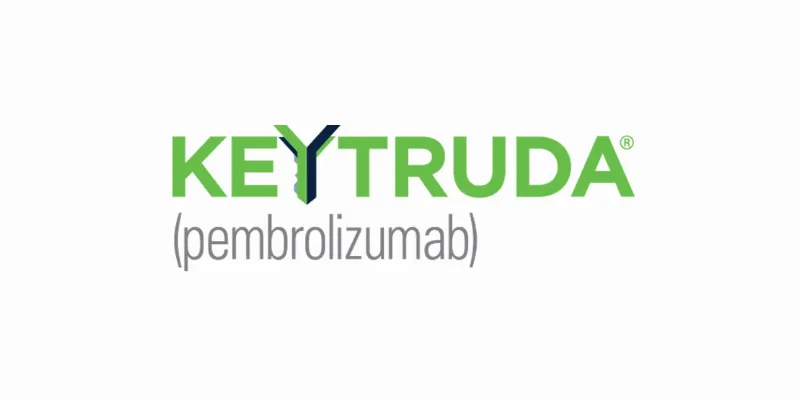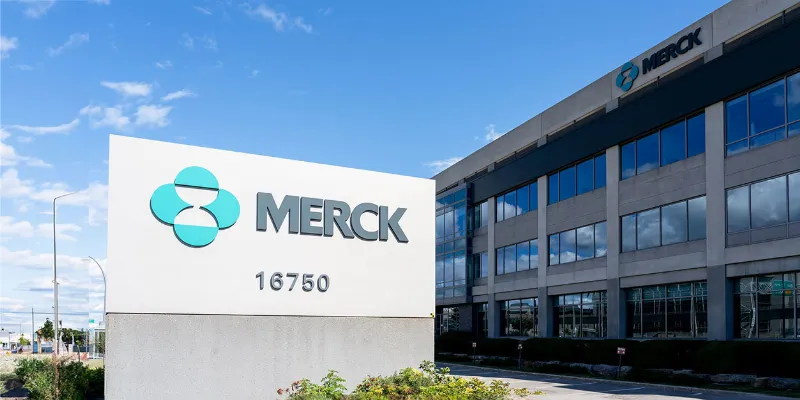FDA Approves Expanded Use of Merck's Keytruda for Lung Cancer Treatment

17 October 2023
The FDA has approved Merck Keytruda for expanded treatment of early-stage non-small cell lung cancer (NSCLC). This allows Keytruda to be used with chemotherapy as a preparatory treatment for surgical tumor removal and as a post-surgery treatment. The decision, based on the promising KEYNOTE-671 trial results, marks Keytruda's sixth NSCLC indication.
The US Food and Drug Administration (FDA) has granted approval for the expanded use of Merck's Keytruda (pembrolizumab) in treating non-small cell lung cancer patients at earlier stages. This landmark decision paves the way for the drug's use in combination with platinum-based chemotherapy as a pre-surgery treatment, to prepare patients for tumor removal, and subsequently as a standalone post-surgery treatment.
Lung cancer ranks as the second most prevalent form of cancer globally. Notably, NSCLC constitutes around 81% of all lung cancer cases. The recent FDA approval allows Keytruda to be used alongside platinum-based chemotherapy as a neoadjuvant treatment. This strategy aims to prepare patients for surgical tumor removal. Following surgery, Keytruda can be administered as a standalone adjuvant treatment.
This milestone is underpinned by the KEYNOTE-671 trial's promising results. In this late-stage study, the Keytruda regimen showcased significant enhancements in both event-free survival and overall survival compared to the combination of neoadjuvant placebo and chemotherapy followed by adjuvant placebo alone.
Dr. Heather Wakelee, a thoracic medical oncologist and professor at Stanford University, emphasized the urgency for treatments that bolster outcomes for early-stage NSCLC patients.
“This important milestone has the potential to change the current treatment paradigm for resectable non-small cell lung cancer that is greater than four centimeters or has lymph node involvement, by offering an immunotherapy-based regimen that has demonstrated statistically significant improvements in overall survival and event-free survival compared to a placebo and chemotherapy regimen,” said Dr. Wakelee.

Apart from its application in lung cancer, Keytruda has secured approvals for treating a diverse range of cancers, such as bladder cancer, melanoma, and Hodgkin's lymphoma. The drug's versatility is further evidenced by over 1,600 ongoing trials, including a collaborative study with Moderna on an investigational skin cancer vaccine.
“KEYTRUDA continues to change the way non-small cell lung cancer is treated across earlier and metastatic disease regardless of PD-L1 expression,” said Dr. Marjorie Green, head of late-stage oncology, global clinical development, Merck Research Laboratories. “This approval marks a pivotal moment for the lung cancer community by providing certain patients with earlier stages of non-small cell lung cancer and healthcare providers with an important new treatment option.”
With this latest endorsement, Keytruda now boasts six indications for NSCLC. These span from its combination with chemotherapy agents like pemetrexed and platinum for metastatic nonsquamous NSCLC treatment to its use as a singular agent for NSCLC cases marked by PD-L1 expression.
Financial analysts forecast that Keytruda's broader application in early-stage lung cancer will face competition from drugs like Bristol-Myers Squibb's Opdivo, Roche's Tecentriq, and AstraZeneca PLC's Imfinzi. However, given Keytruda's compelling efficacy, its uptake in this setting is expected to remain robust.
Efficacy and Safety of Pembrolizumab (MK-3475) With Platinum Doublet Chemotherapy...
Study Overview / Brief Summary: This trial will evaluate the safety and efficacy of pembrolizumab (MK-3475) in combination with platinum doublet neoadjuvant chemotherapy (NAC) before surgery [neoadjuvant phase], followed by pembrolizumab alone after surgery [adjuvant phase] in participants with resectable stage II, IIIA, and resectable IIIB (T3-4N2) non-small cell lung cancer (NSCLC). The primary hypotheses of this study are that neoadjuvant pembrolizumab (vs. placebo) in combination with NAC, followed by surgery and adjuvant pembrolizumab (vs. placebo) will improve: 1) event free survival (EFS) by biopsy assessed by local pathologist or by investigator-assessed imaging using Response Evaluation Criteria in Solid Tumors Version 1.1 (RECIST 1.1); and 2) overall survival (OS).











Comments
No Comments Yet!